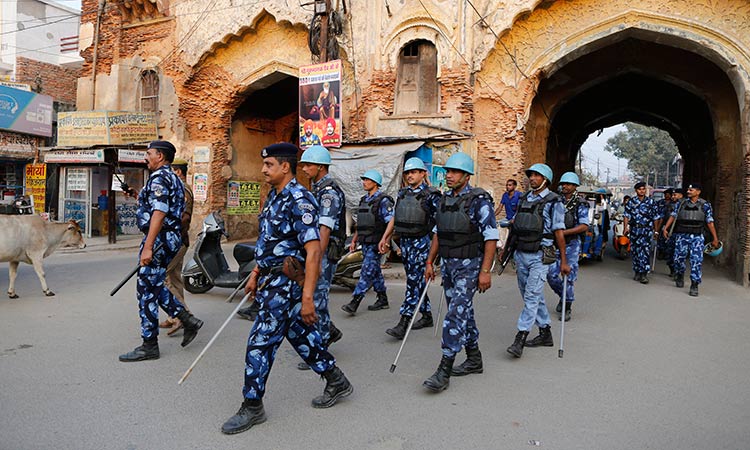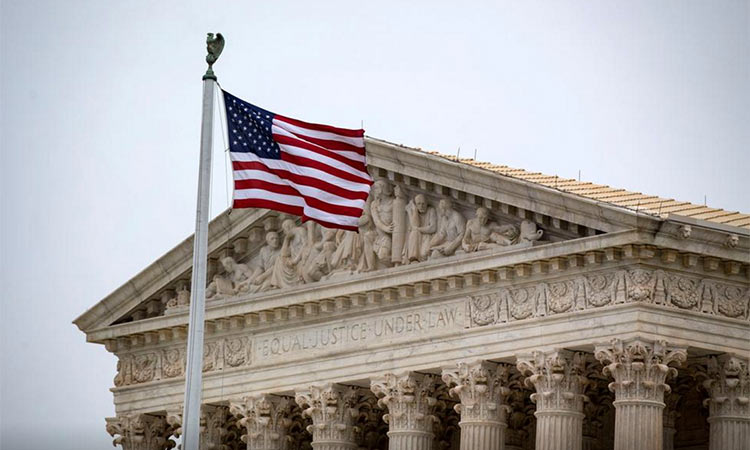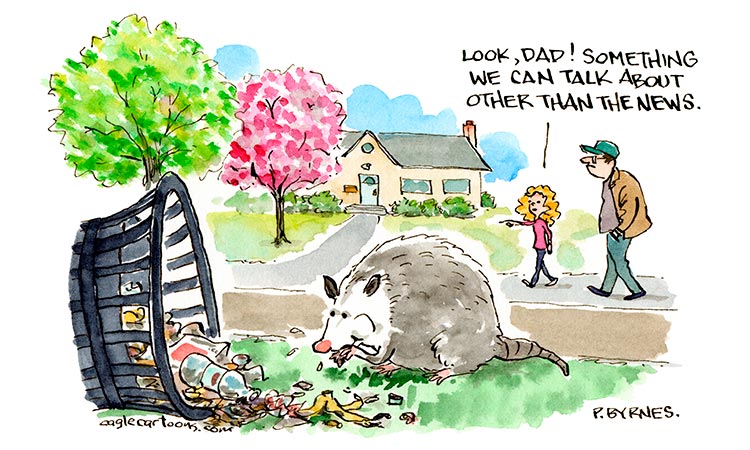Tacit acceptance of court’s Ayodhya compromise formula

BRP Bhaskar
@brpbhaskarIndian journalist with over 50 years of newspaper, news agency and television experience.
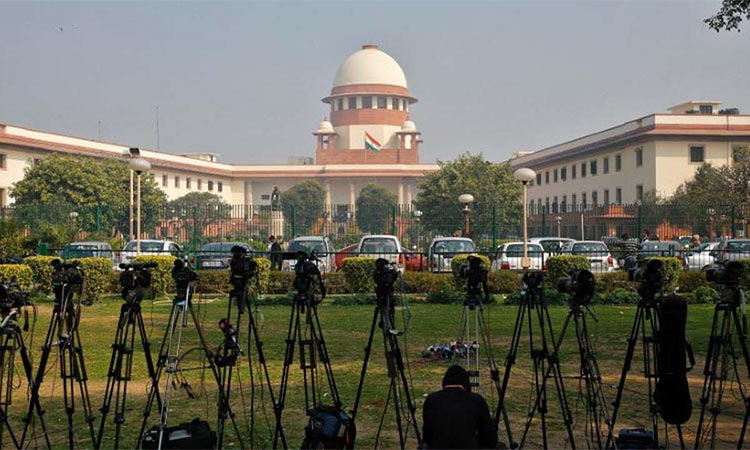
The Ram temple demand was an item on the BJP’s election manifestos.
The seeds of the dispute were sown when a purported idol of Ram Lalla (Infant Ram) was planted inside the Babri Masjid in Ayodhya in Uttar Pradesh surreptitiously by Hindu activists in 1949 with the connivance of the district’s topmost official.
To prevent law and order incidents, the government closed the masjid.
The Bharatiya Jana Sangh, the Rashtriya Swayamsevak Sangh’s first political outfit and predecessor of the Bharaiya Janata Party, which is currently India’s ruling party, rewarded the official with the party ticket for the 1952 elections. He won and served as MP for five years.
According to an inscription at the mosque, it was built in 1528-29 at the instance of Babur, the first Moghul emperor, by one of his army commanders, Mir Baqi.
Following the planting of the idol, two suits were filed in a local court to assert the Hindus’ right to worship Ram Lalla inside the masjid.
In the 1980s the Vishwa Hindu Parishad, an RSS affiliate, constituted a committee to pursue the demand for the construction of a temple at the Babri Masjid side. It claimed the mosque was built after razing a temple which marked Rama’s birthplace.
The committee was headed by a former Congress minister of UP.
Subsequently the VHP conducted a series of agitations on the issue across the country to press the demand for a temple at the Babri Masjid site.
The Ram temple demand was an item on the BJP’s election manifestos since then.
In 1989 Prime Minister Rajiv Gandhi allowed the VHP to perform a ceremony to consecrate bricks for construction of the temple.
In 1992 a group which formed part of a huge congregation of volunteers from all over the country demolished Babri Masjid in the presence of several BJP leaders, including then party President L.K.Advani.
Neither UP’s Chief Minister Kalyan Singh (BJP) nor Prime Minister PV Narasimha Rao (Congress) tried to stop the vandals.
Addressing the nation that night, Narasimha Rao said the mosque would be rebuilt. However, he took no steps in this regard.
The Allahabad High Court subsequently took up the dispute over the land where the Masjid stood.
In, its 2010 judgment, the court divided the disputed land into three and gave one part each to Ram Lalla, represented by the Hindu Mahasabha, the Sunni Waqf Board, representing the Muslims, and the Nimroha Akhara, a Hindu litigant since the 1950s.
On an appeal, the Supreme Court stayed the judgment.
In January this year it set up a five-judge bench to hear all pleas relating to the dispute.
In the judgment delivered on Saturday, the court allowed the construction of a temple on the land and ordered that Muslims be given five acres of land at an important place in Ayodhya to build a new mosque.
The court said the idol planting of 1949 and demolition of 1992 were illegal acts. Yet, ironically, the judgment in effect rewards the perpetrators of these acts.
Viewed in the backdrop of the events of the past seven decades the Supreme Court verdict carries the issue forward along the lines taken by political and judicial authorities earlier and upholds the Hindu claim to the disputed land. At the same time, it seeks to compensate the Muslims by allotting alternative land for a new mosque.
All is well that ends well. Although a few political and religious leaders have voiced reservations, most stakeholders have shown readiness to accept the Supreme Court verdict, viewing it as providing an opportunity to end the protracted dispute.
The UP Sunni Waqf Board and the Shia Cental Waqf Boad, which were both parties before the court, said they would not seek review of the judgment.
The All-India Muslim Personal Law Board said it was pained and surprised by the verdict. But there appears to be a difference of opinion within it on the issue of seeking review.
The bitterest criticism came from All India Majlis-e-Ittehad-ul-Muslimeen chief Asaduddin Owaisi, MP, who said the judgment represented victory of faith over facts.
Will this victory satisfy the Hindutva desire to settle the scores of history or will it encourage it to fuel more disputes? Time alone can tell.
